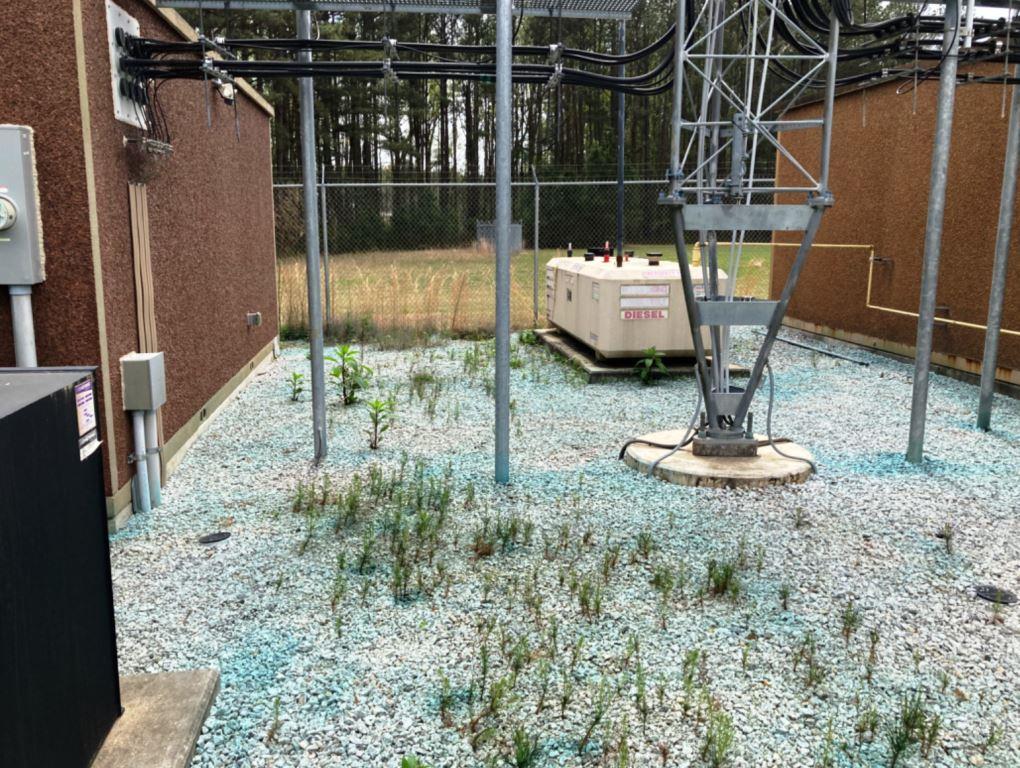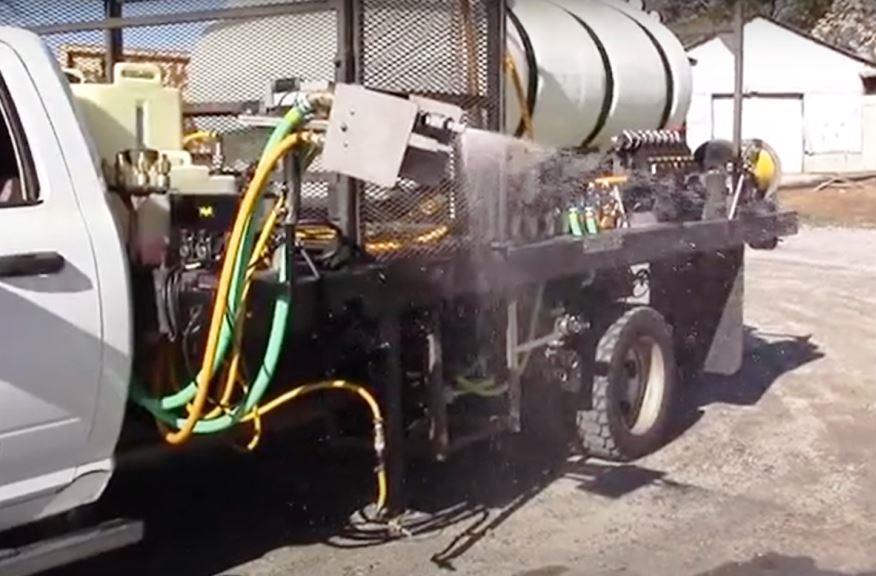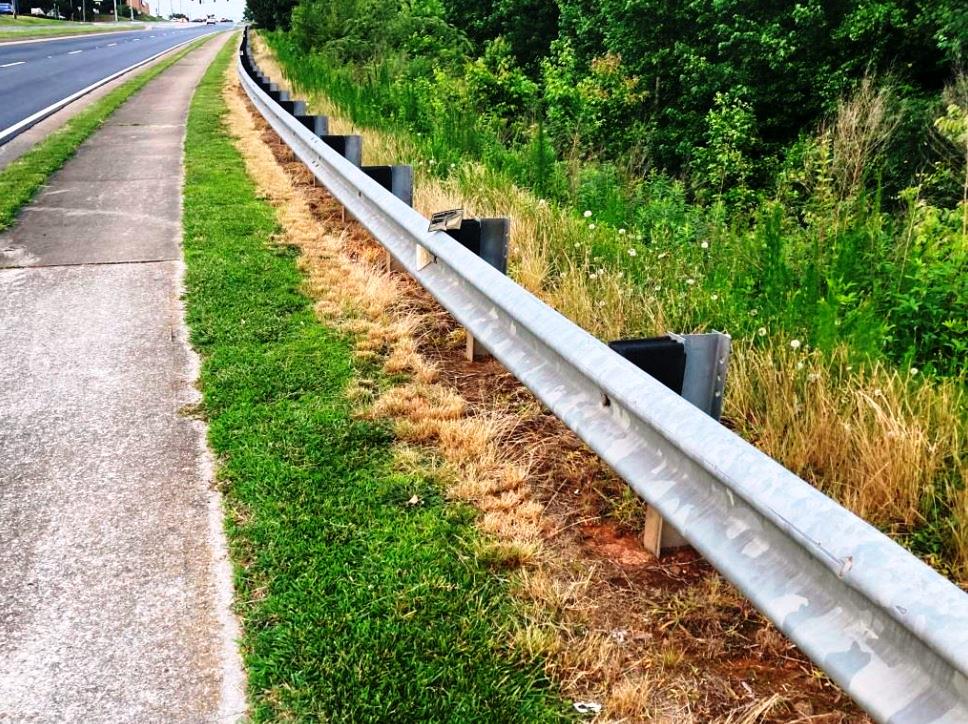
Utility & Grid Reliability
Power, Natural Gas, & Pipeline, Herbicide Programs.


Power, Natural Gas, & Pipeline, Herbicide Programs.

Enhancement and Preservation of the aesthetic quality of landscape.

Allow native grass to flourish, kill invasive species.

Keep Residents & Pedestrians safe, eliminate problem vegetation.
Road shoulders treated to prevent erosion, eradicating unwanted vegetation per the program's Scope of Work.
Aggressive brush and noxious weeds killed, keeping grasses which filter sediment from road surface water runoff.
Mixture of Herbicides with final chemical selection at the discretion of managers of the procurement team.
At VegClear, we understand the strategic sourcing needs of both government bodies and industry. Our team is experienced in a variety of procurement processes, including standard request for proposal (RFP) submittals and other RFx protocols such as request for bid (RFB), request for information (RFI), request for quotation (RFQ), and request for tender (RFT), as well as straight bid, reverse auctions, and negotiated agreements. Our goal is to deliver the best possible service to our corporate and government clients.
Environmental Factors and Certifications
Land, Restrictions & Wildlife
Population, Scrutiny and Overlay Districts.